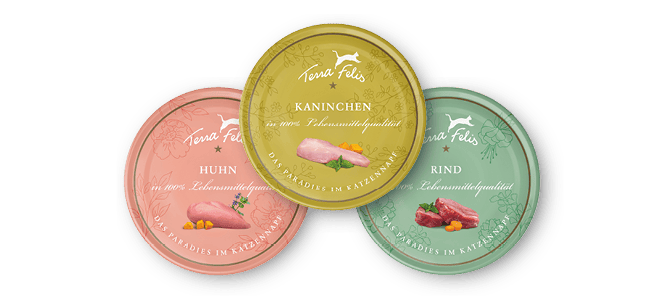
Vet-Lexicon
Diabetes in dogs
What is diabetes?
Possible causes of diabetes are obesity, genetic predisposition, pancreatitis and glucocorticoid administration. However, obesity is now considered to be one of the main factors in the increased incidences of the so-called „sugar hounds“.

Diabetes mellitus – Diabetes- is a common condition not only in humans, but also in dogs. In this metabolic disease, the pancreas of the animal produces too little insulin(diabetes type1) or there is an insulin resistance(diabetes type 2) An insulin deficiency or insulin resistance means that the glucose in the blood can no longer reach the cells of the body. Type 1 diabetes classically occurs in young animals with a certain genetic disposition and rather in slimmer animals. Diabetes Type 2 is the so-called „senile diabetes“ which occurs predominantly in senior and overweight dogs. In obese patients, this type may be reversible if normal weight is regained.
If there is too little insulin or if it doesn´t develop its full effect, glucose uptake into the cells is prevented, resulting in a massive rise in glucose in the blood. In addition to polydipsia(increased drinking) and polyuria (increased urination), reduced energy, polyphagia(increased appetite) and cataracts(clouding of the lens as a late consequence) are classic symptoms of diabetes.
Diagnosis and therapy of diabetes
Insulin administration in the form of injections
Special diet for dogs with diabetes
Dogs with diabetes need to be given insulin for the rest of their lives. In addition, they should be fed in such a way that the blood sugar level remains stable. Basically, a diabetic dog should be fed a very high- quality diet without grain. Highly digestable muscle meat provides healthy animo acids and Omega 6 fatty acids without burdening the pancreas. The amount of natural fibre from vegetables, fruit and herbs should be increased in a diabetic menu to slow down the passage of the food through the intestines, so that the nutrients are evenly released into the bloodstream.
Ideally, the diabetes menu should be supplemented with natural supplements and herbs that support balanced blood sugar levels and prevent so-called „sugar peaks“
In food management, it is recommended to feed the dog several small meals(at least two) throughout the day, so that the blood sugar level is kept as even as possible and the pancreas is relieved. Overweight dogs must also be fed a low-fat and low-calorie diet.
Author





